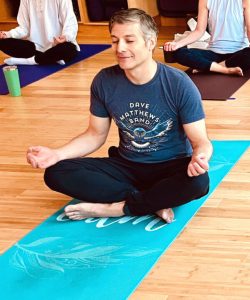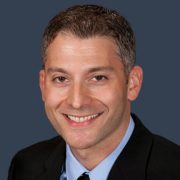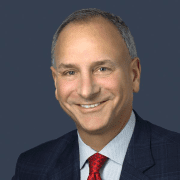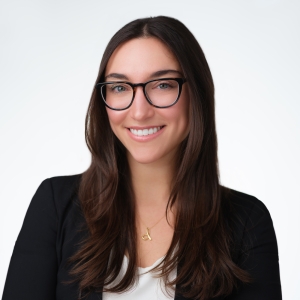People Profiles: Dr. Jonathan Davis
It may appear that Jonathan Davis, MD (Emergency Medicine) is in perpetual motion. Dr. Davis is always investing energy into forward progress, whether working clinically in the Emergency Department (ED) at MedStar Georgetown or MedStar Washington Hospital Center, serving MedStar Health’s 1,150 resident and fellows as the Physician Chair for Graduate Medical Education (GME), or even doing yoga on a Saturday morning.

Dr. Davis also serves as the Academic Chair for Emergency Medicine, and the co-chair of the System Graduate Medical Education Committee (GMEC).
Every day at GME is different, and Dr. Davis partners with Dean Jamie Padmore and the rest of the GME Executive Team to ensure that MedStar Health is always delivering an exceptional leaning experience. Dr. Davis draws upon his clinical experience in the ED to not only successfully triage challenges but also bring together multiple specialties and departments to quickly develop effective solutions. Within the world of GME, Dr. Davis must constantly interface with GME Program Directors, teaching faculty, residents, and fellows, MedStar Health and hospital leaders, and the Georgetown University School of Medicine leadership team.
Dr. Davis entered medicine because he always loved teaching and the life sciences and viewed physicians as the consummate teacher. That’s what inspired him to get involved in medical education.
“To me, foundationally, that’s what doctors do: they teach. Whether you’re teaching your patients or teaching their families. It’s such a meaningful role in GME, to provide education to those who educate others,” Dr. Davis said.
MedStar Health provides a unique learning environment for its residents and fellows. Being a consortium that straddles two major metropolitan areas gives it a distinct advantage.

Jonathan Davis, MD (Emergency Medicine)
“MedStar Health – with 10 hospitals and over 300 sites of care – is really a microcosm of health care delivery across the United States. We have rural sites of practice and suburban and urban populations. We have primary care and quaternary care,” Dr. Davis explained. “When we are teaching and training future generations of care providers, they get to learn in a wide-ranging environment that is likely to reflect some aspect of where our residents and fellows will ultimately work in the future.”
There is no question that the national health care landscape is adapting and evolving. MedStar Health GME is changing alongside it. MedStar Health places immense value on advancing health and GME is the centerpiece of its educational portfolio. We can’t advance health without investing in medical education and research and championing the innovation of MedStar Health training programs and faculty.
“That’s why I enjoy being at MedStar Health. We’re a forward-thinking organization that’s at the cutting edge of all these changes. What better system to not only adapt and evolve to the future, but also to create the future of healthcare,” he said.
For Dr. Davis, working at MedStar Health also brings him close to his hometown. He grew up in Gaithersburg, Maryland, but moved to California for residency where he met his wife who is in fact from Gaithersburg.
“All roads, at least for me, lead back to Gaithersburg,” he joked.









